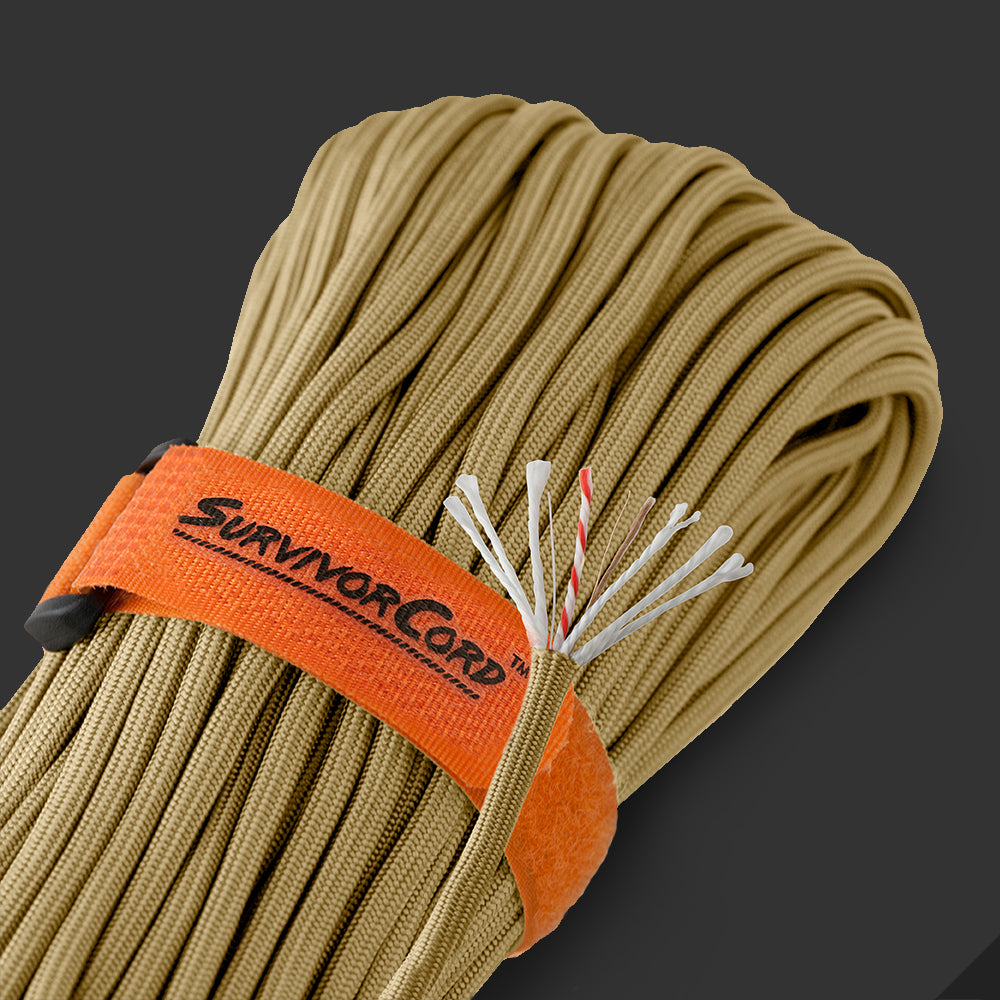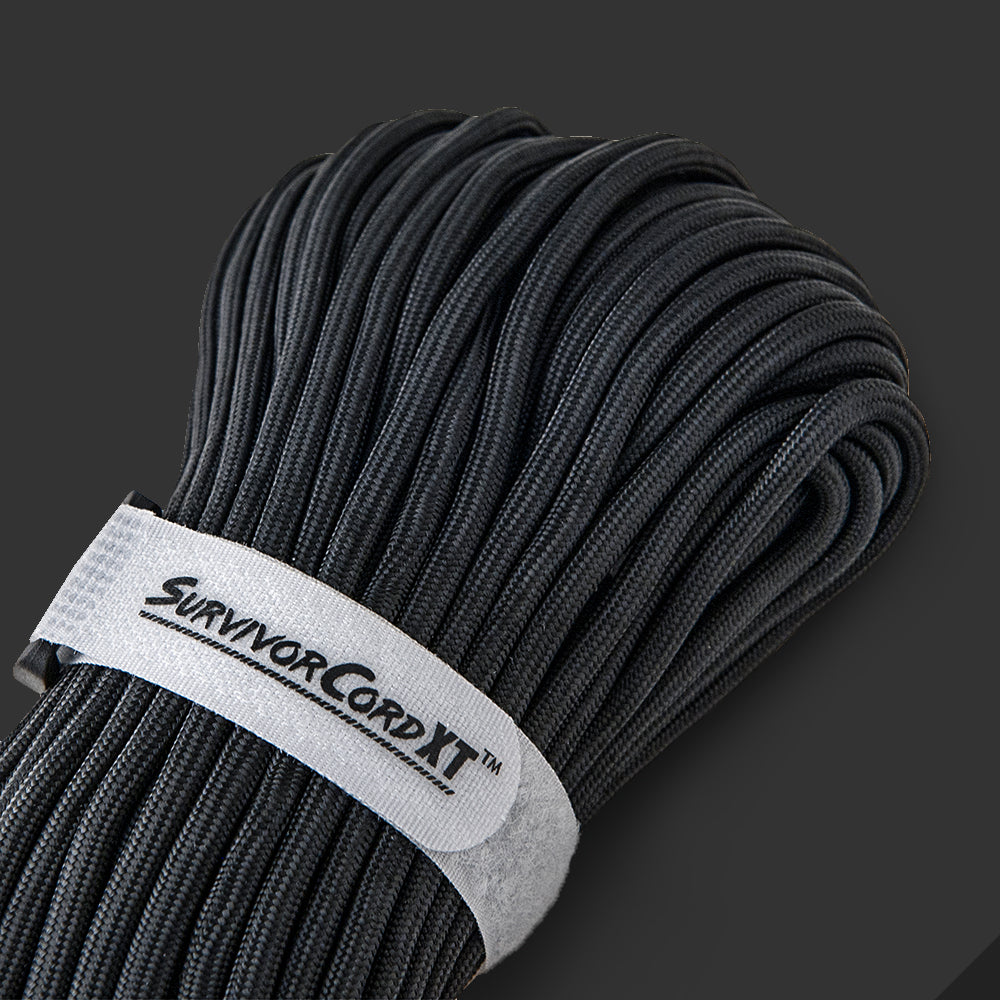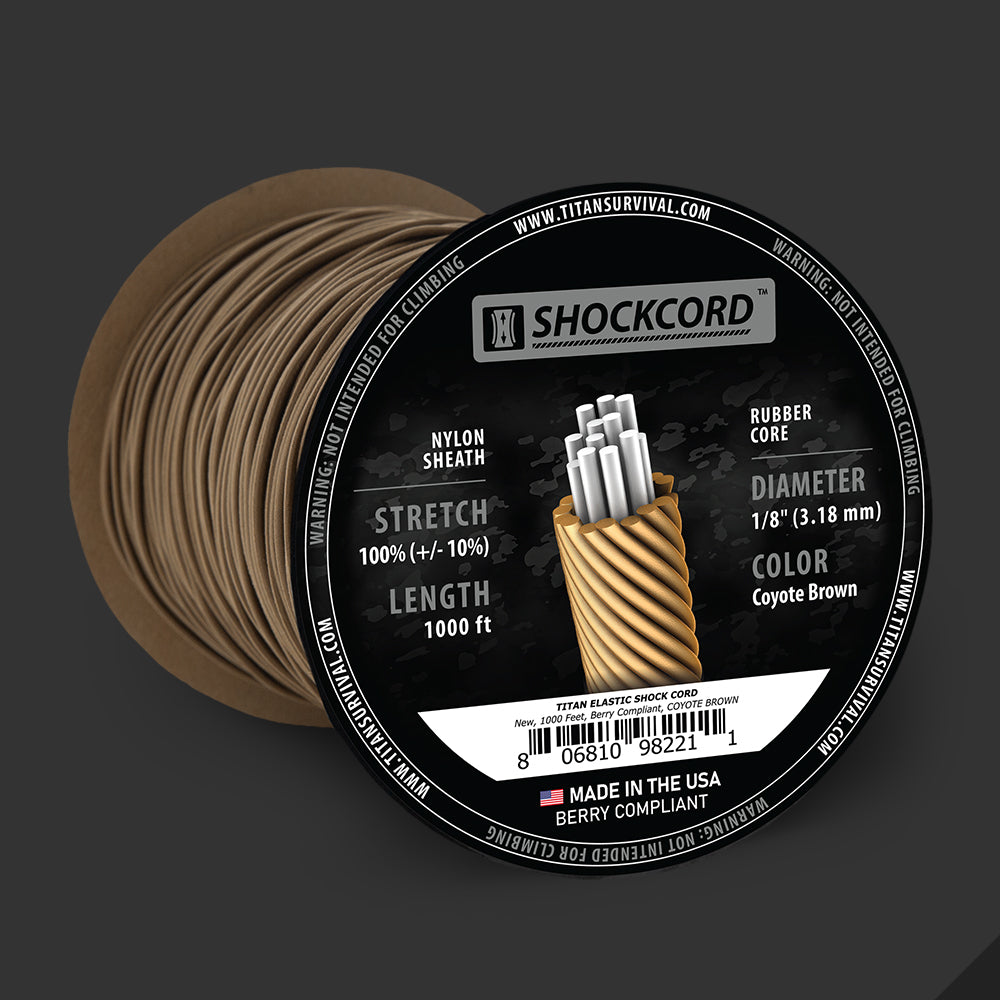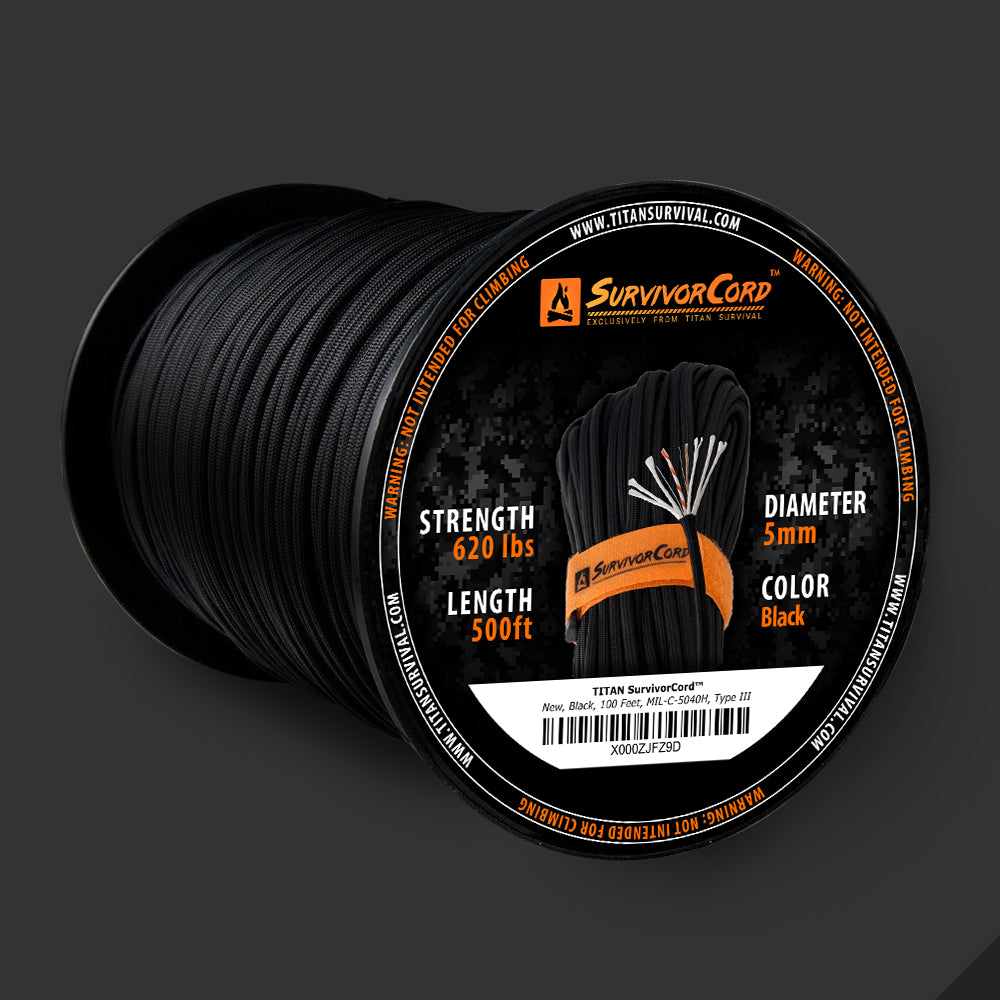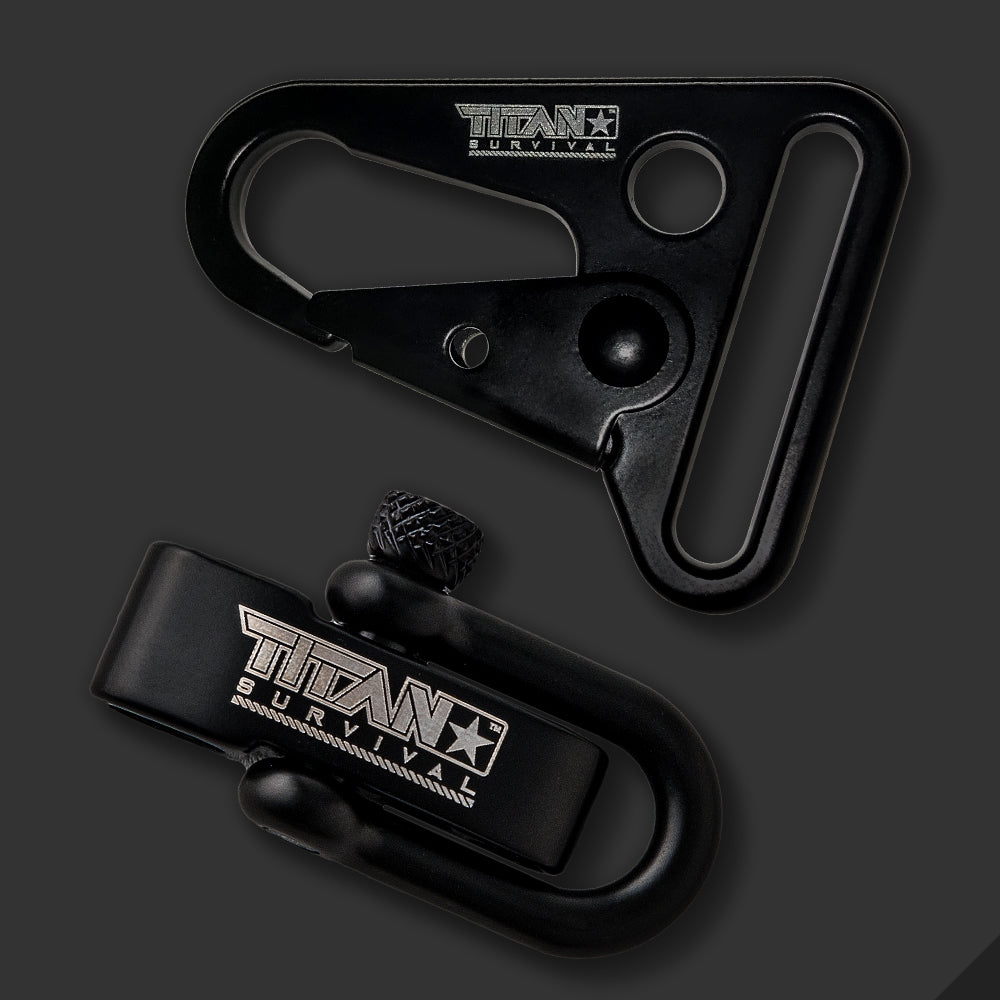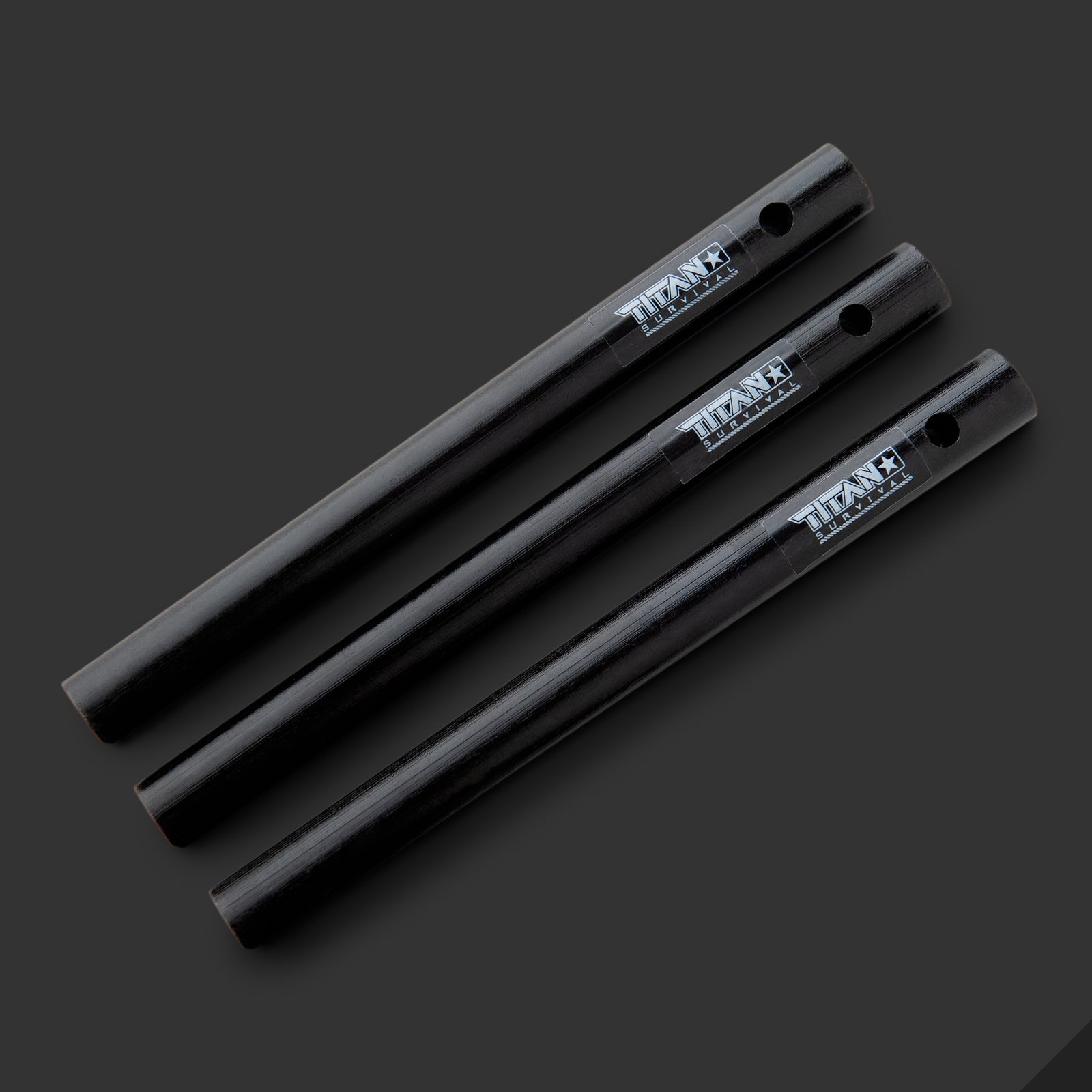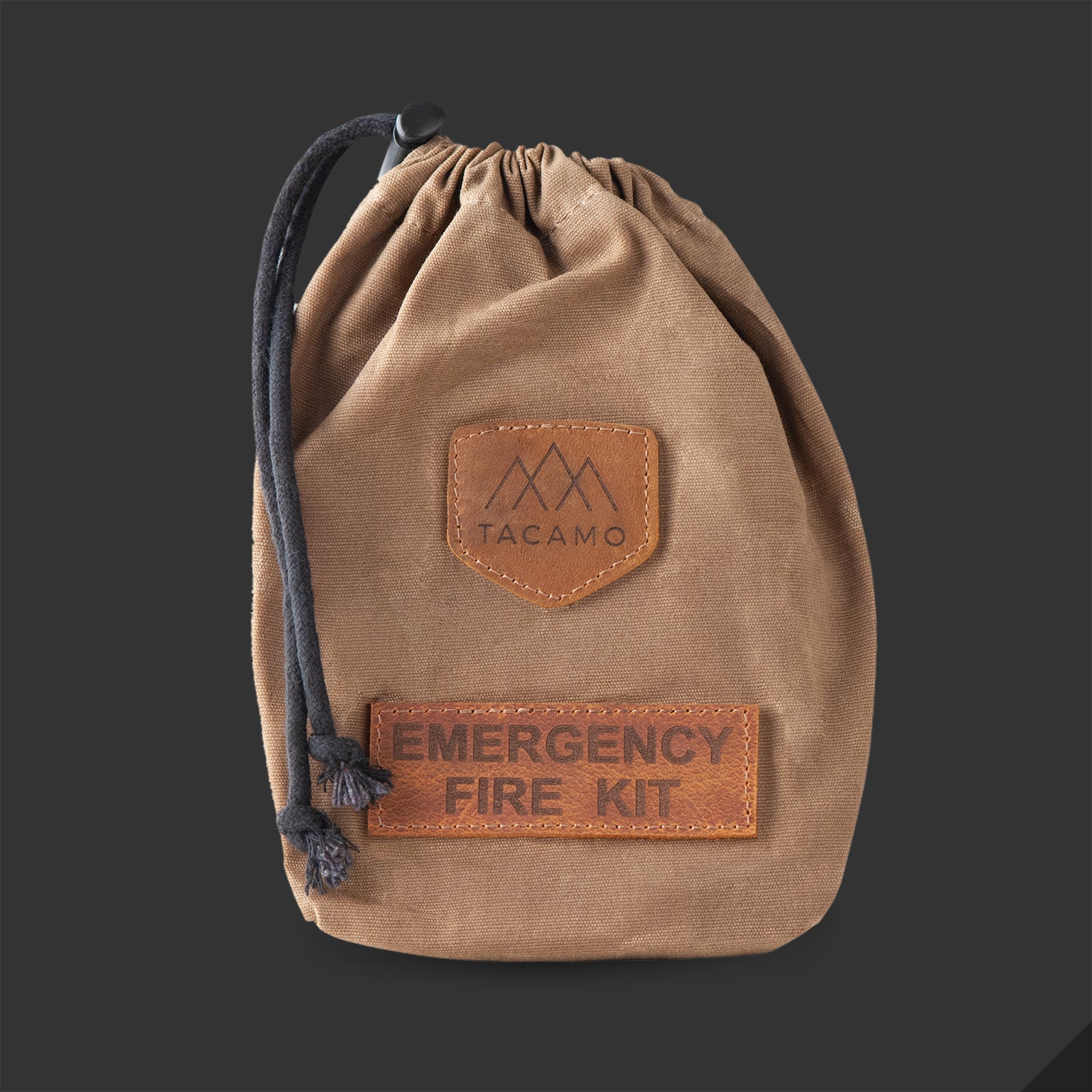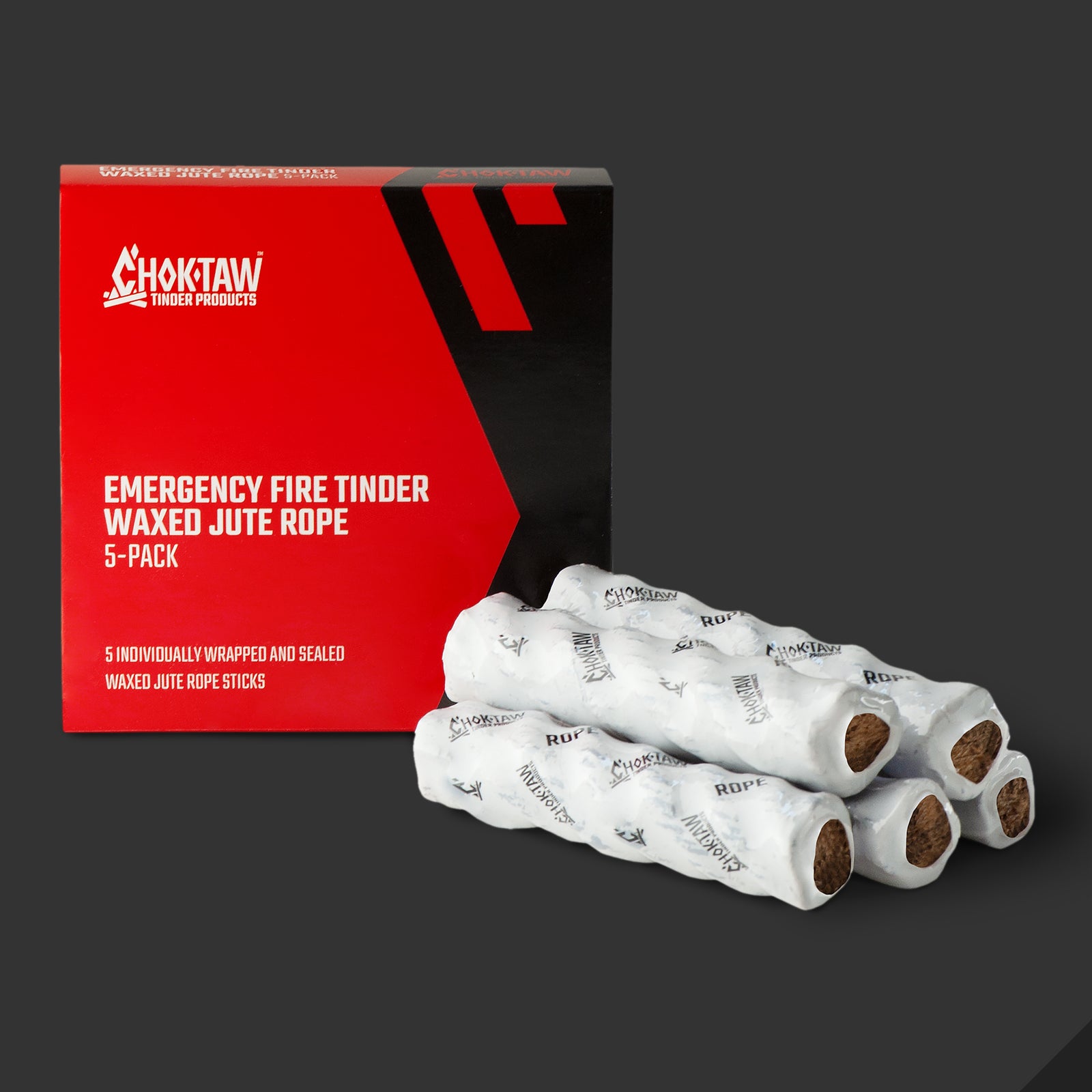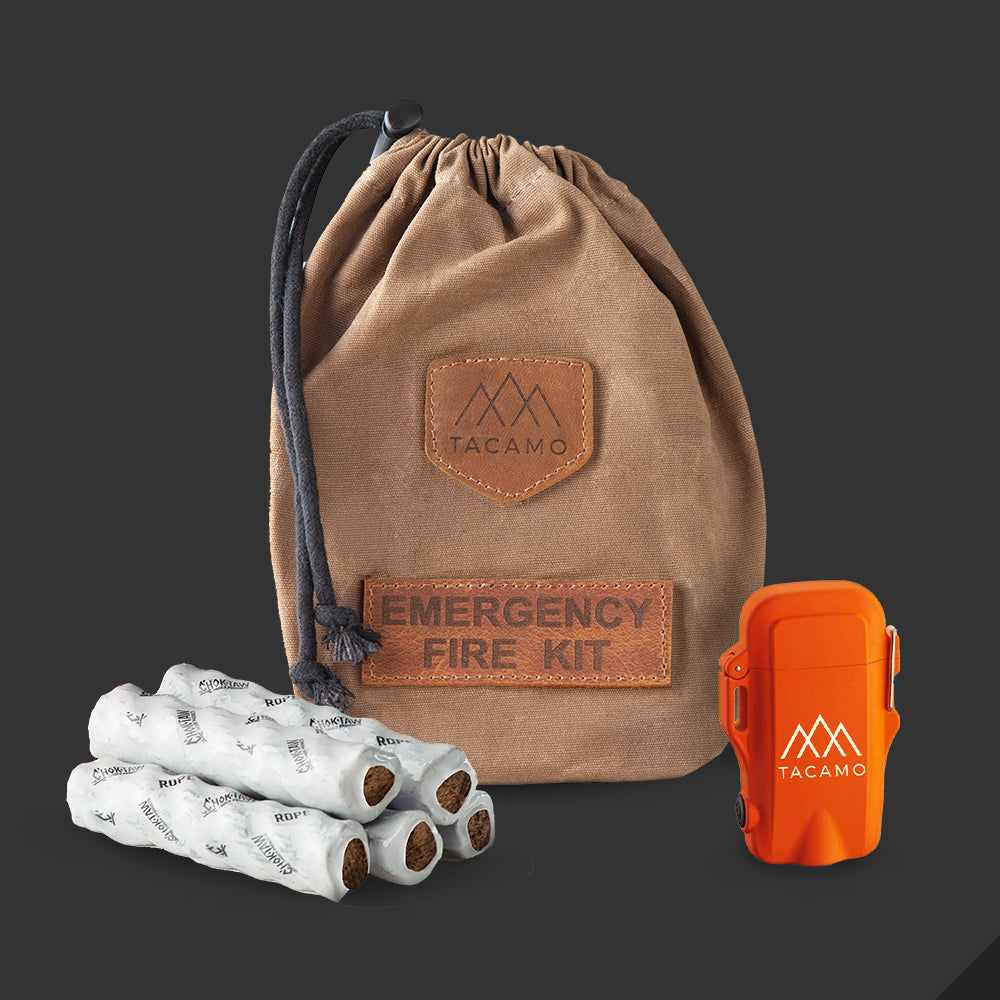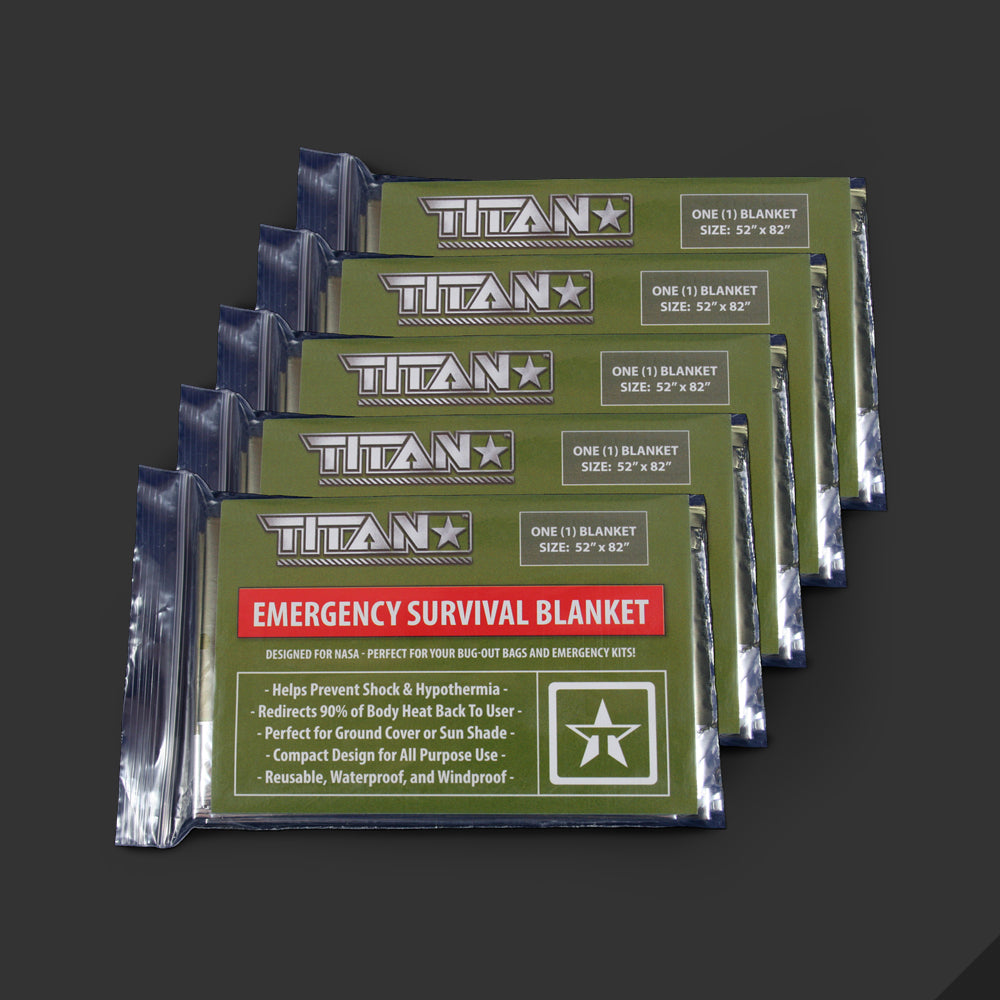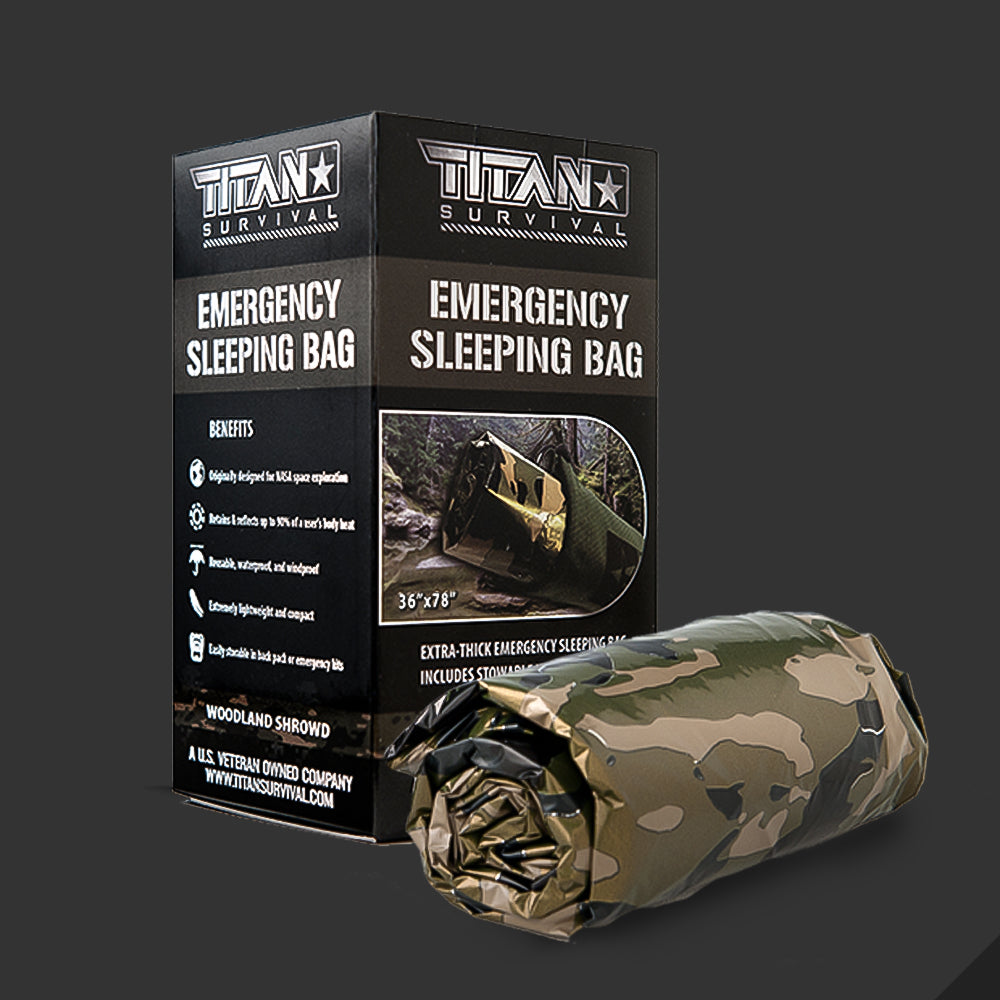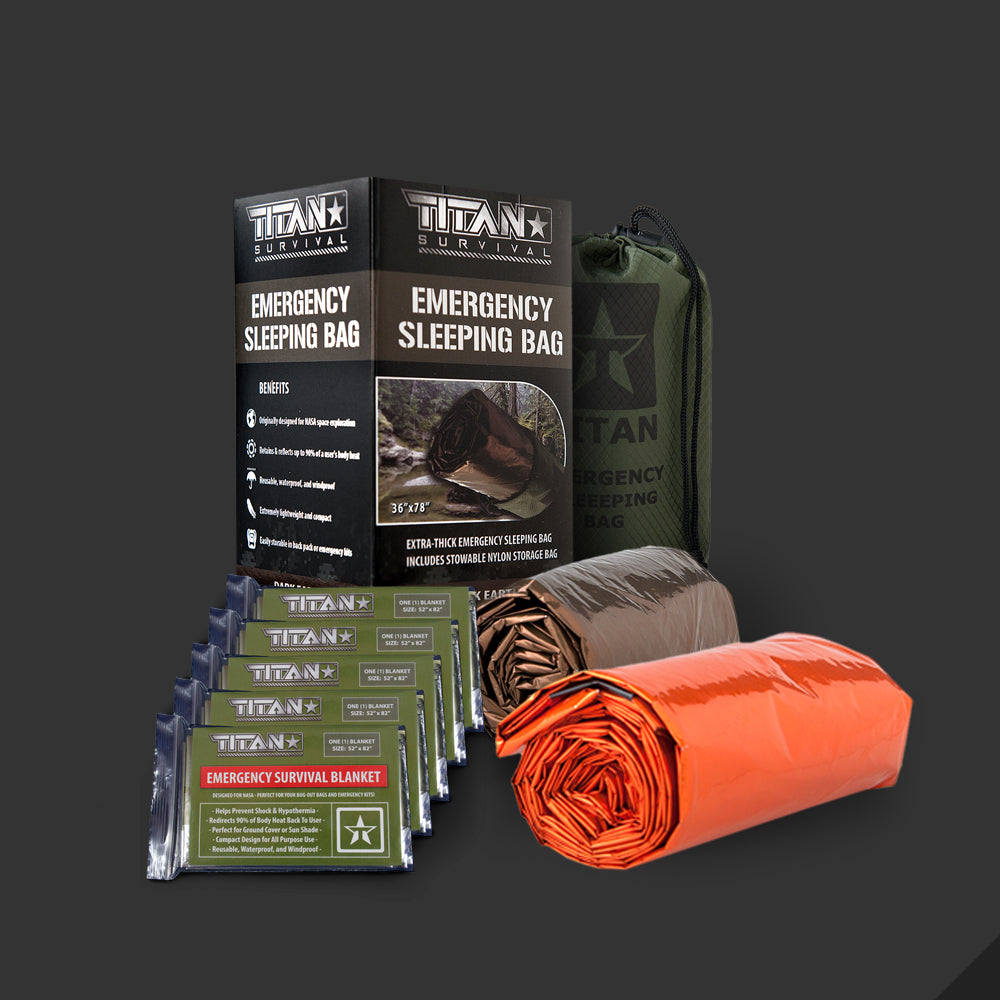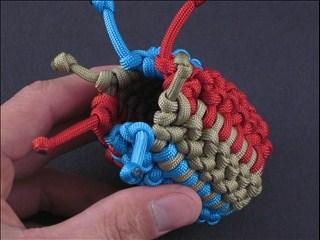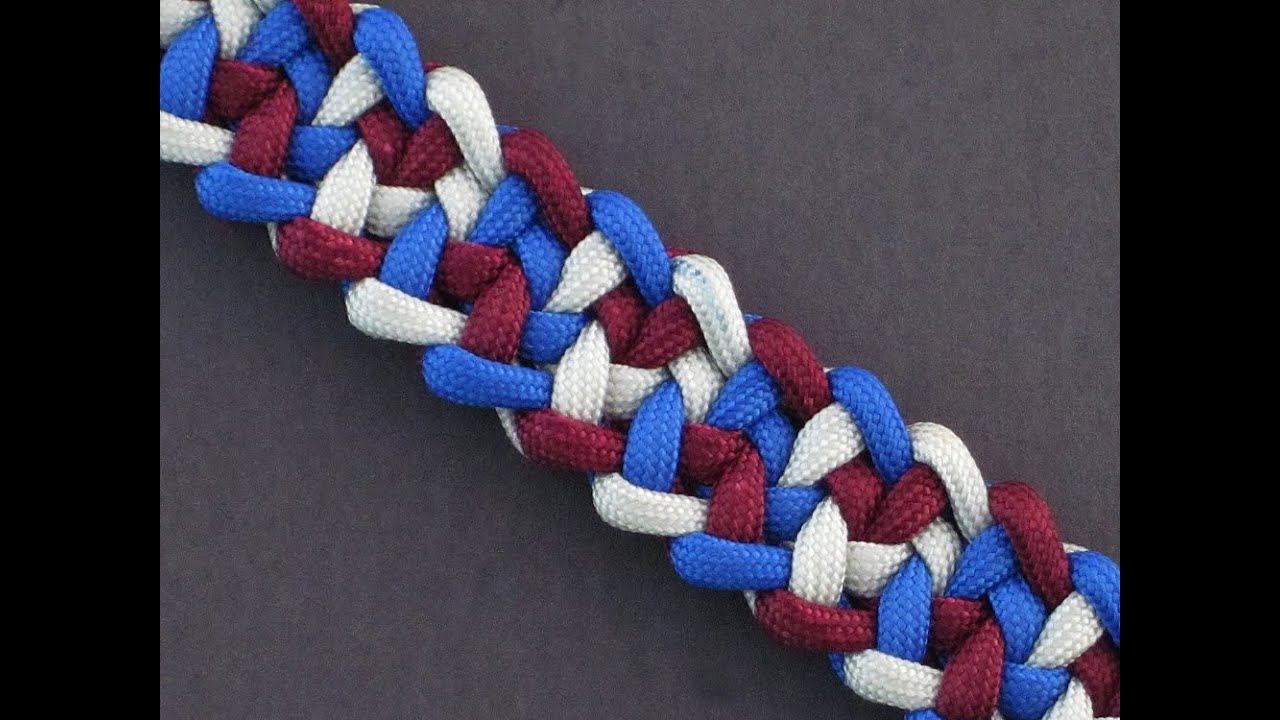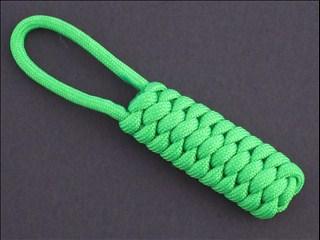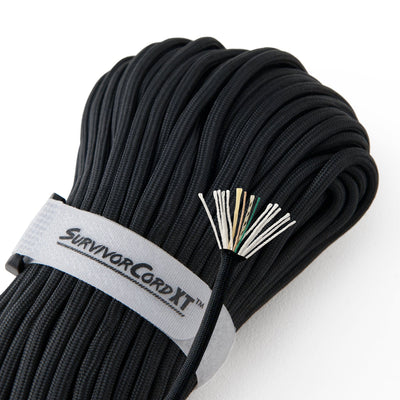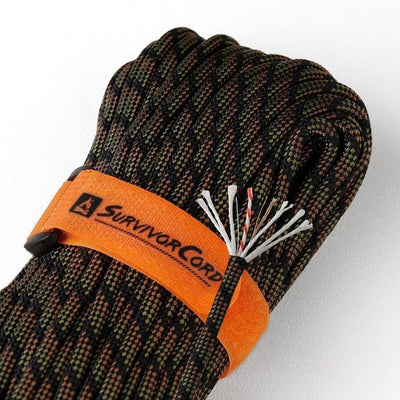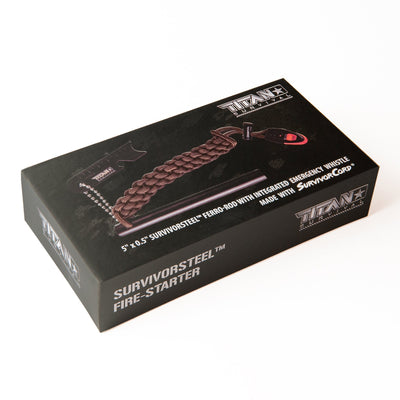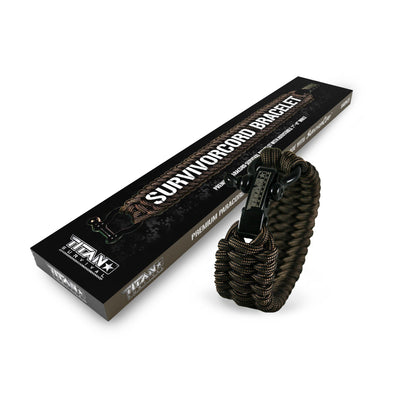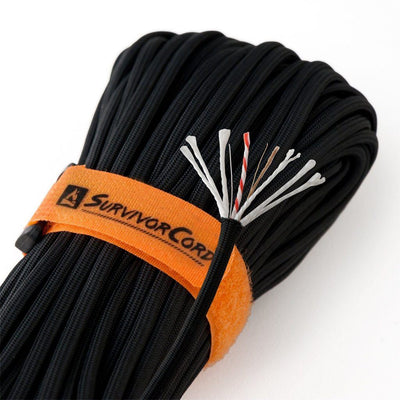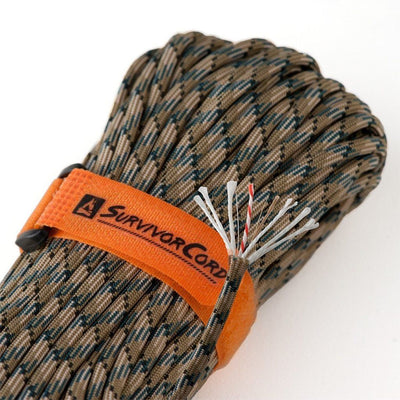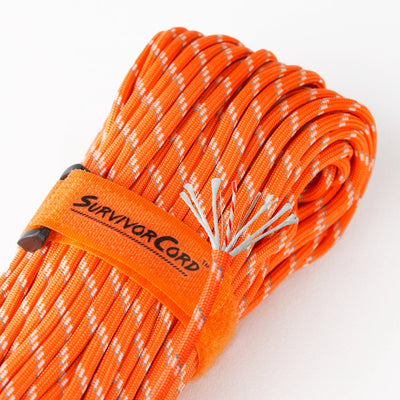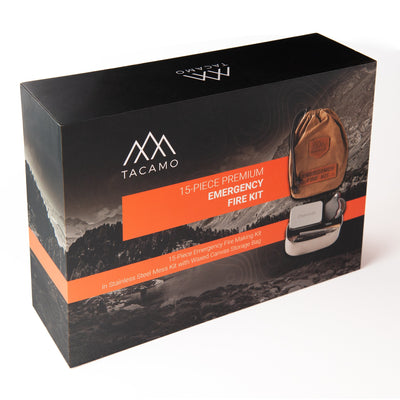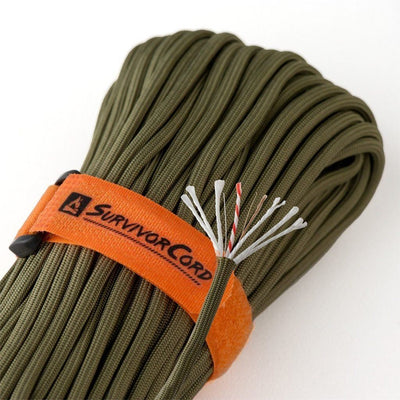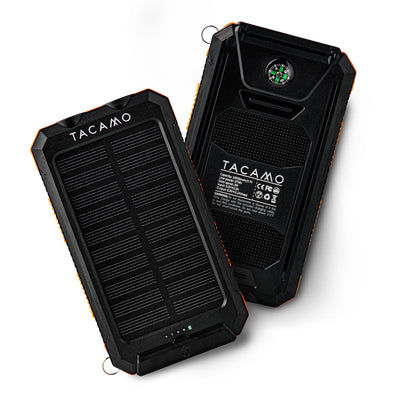Discover how to make your own paracord survival bow in this instruction video. If you have some spare paracord lying around, you too can make your own paracord survival bow!
A DIY paracord survival bow is one of those things that could save your life in a survival situation. This article is going to discuss how to make a DIY paracord survival bow using the tillered stick technique.
First you want to find a small tree that is straight with few branches, has a diameter of about 2”, and is flexible. You want to be able to bend it without it snapping or cracking. The trimmed stick should be as tall as you are for maximum efficiency.
Once the tree is cut and all of the branches and stubs are cut off, it is time to tiller out the stick. A stick that is tillered has narrowed ends with a notch running in the upward slanting diagonal. For this purpose, just shave out some of the stick on both ends, making a flat area on the same side of the stick, with a slight taper. Make sure the flattened ends are on the same side of the stick and symmetrical. This shaved and flattened part will be facing towards you when you are drawing the string back.
Next, make a notch on the backside of the flattened part about 1” down from the end. Do this for both ends of the bow. Attach your SurvivorCord or WarriorCord to one end of the stick around the notch. The amount of paracord you will need depends on the size of your stick, but to be safe add a few extra inches.
Put the bow against a tree with the flattened part coming towards you. Using your foot, press the middle of the bow in as much as possible without cracking or breaking your stick, and tie the paracord to the end around the notch. You want to make sure the paracord is tight and on your notches, otherwise the paracord will move on the ends when you are drawing the arrow.
Once you have the paracord attached and it is sufficiently tight. Cut the remaining paracord from both ends and melt it to the knot holding it to the bow (this may not be reasonable in a survival situation). Your bow is now ready for use. In a survival situation this bow will easily take down a deer. You will have to be close to the animal, as with any bow hunting, but it will get the job done.

